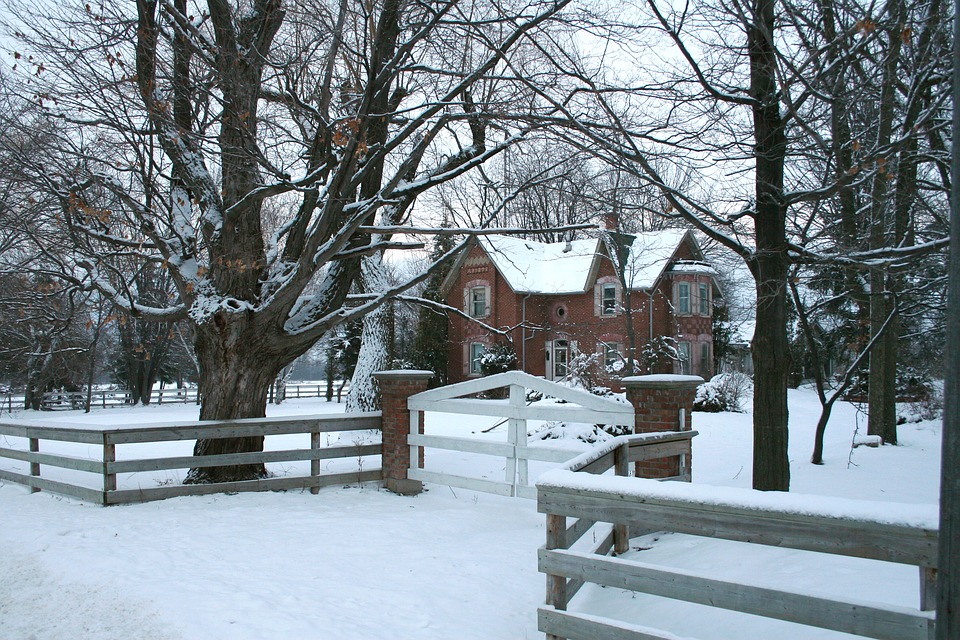If you love winter sports such as skiing and snowboarding, you probably embrace snow with open arms. The disaster snow and ice can bring to your property, however, may dampen your enthusiasm for the elements.
Snowy weather can cause a lot of problems at home if you’re not vigilant in doing preventative maintenance and catching plumbing problems early on. Frozen pipes are a common problem that causes leaks and cracks, which could lead to devastating water damage to the entire house.
Luckily, there are things you can do as a homeowner that can minimize the problems caused by the freezing temperatures.
Prevent frozen pipes in the first place
- Start by insulating the water pipes in the parts of the building that are prone to freezing, such as crawl spaces, the attic, basement, and other storage spaces.
- Take an inventory of your faucets. For faucets that aren’t used very often, turn the faucet on to allow slow, steady drips of water to escape. This will keep the pipes from freezing when the temperature falls to freezing point.
- Do your best to prevent cold air from entering your house. Seal any crack and small opening that you find, such as the areas around water pipes, electrical wiring, and vents. Use spray insulation to fill in those small, hard-to-get spaces.
- If you are going to leave your house or building unattended for a while, keep the temperature warm enough to prevent pipes from freezing. Ideally, the temperature should not reach below 55 degrees Fahrenheit.
- Keep the doors of cabinets slightly open where your water pipes are located, such as in the closets and under the sinks. This will help keep those areas slightly warm and prevent the pipes from freezing.
Prevent water damage if the pipes do freeze
- If you do notice a frozen pipe, turn off the supply of water to that part of the property. This will prevent further damage in case the frozen pipe bursts and floods the area.
- Examine the frozen pipe carefully. If there are no cracks in the immediate area of the frozen pipe, thaw the pipe with a hair dryer or warm water. Make sure that you thaw the pipe slowly, as heating the pipe quickly could cause even more damage than you would have had otherwise.
- If you do notice cracks in the pipe, note the location of the cracks before the frozen pipe begins to thaw. Call a plumber to fix the problem later.
Clean up in the event of damage
When you experience water damage in your property as a result of a frozen pipe or water leaks, take immediate steps to prevent further damage or problems. Turn off the supply of electricity to the affected area, and be sure to unplug all electrical devices. Find your water shutoff valve and turn it off. Then call a water damage restoration professional to maintain safety, prevent further damage, and inhibit the growth of mold and other harmful bacteria.

